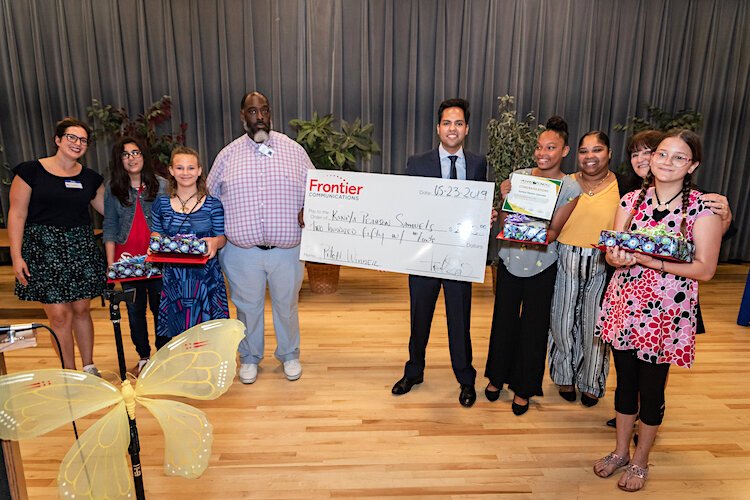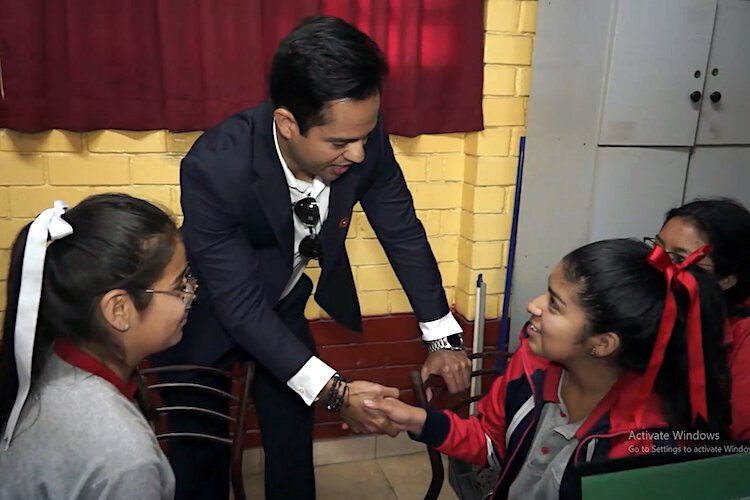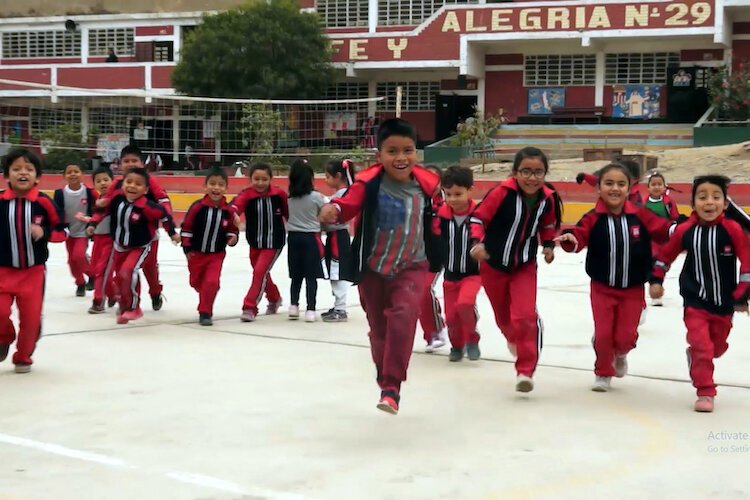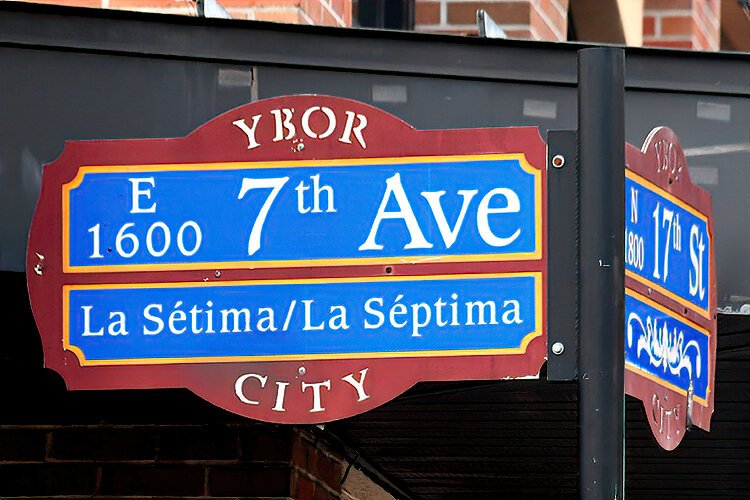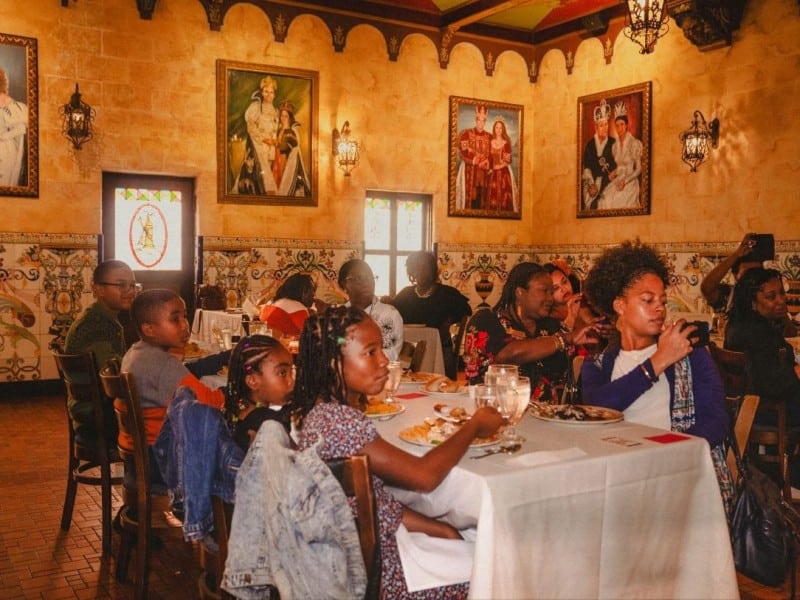Global connections: New social enterprise teaches kids real-world skills
A Venezuelan immigrant turned Tampa entrepreneur brings together businesses, technology, and kids in a unique social enterprise connecting Florida to South America.
Tony Selvaggio has been dreaming up businesses for as long as he can remember. He laughs when he recalls that his first “hustle” was at age 6 when he would take candy from home and sell it to the kids at school. That was in Venezuela, where he grew up.
In 2011, just as Selvaggio was graduating from college, friends of the family decided to emigrate to the U.S. and open a scrap metal recycling business in Tampa. They asked if Tony would be interested in helping them as he was fluent in English and they weren’t. “I figured I would stay for a few years and then go back,” says Selvaggio.
That didn’t happen. He met the woman who would become his wife, started a family, and in 2014, not yet 30, he launched his own recycling business — eSmart Recycling.
eSmart Recycling is a Microsoft Registered Refurbisher and accepts just about everything electronic, from computers, keyboards, and printers to tablets, servers, and copiers, among other items. The company is also licensed to handle scrap metal from filing cabinets, refrigerators, microwaves, and water coolers.
Over the years, many of the refurbished computers and a portion of Selvaggio’s company profits have gone toward funding computer labs for children in schools and nonprofit organizations that might not have the funds to acquire the latest technology.
But at some point, Selvaggio says he had a wake-up call.
“We were out in the community and giving away free computers, but we felt there was something missing,” he says. “We thought, OK, what are these kids going to do with these computers? There was an opportunity to do more to help them be successful and end the cycle of poverty.”
Late last year, Selvaggio launched a GoFundMe campaign for TKIBA®, a new online educational technology platform geared toward middle school and high school students. Now, in addition to providing schools with computer technology, students will have access to an online series of lessons.
Developing a curriculum
A total of six areas or “pillars” have been identified as part of the TKIBA overall curriculum: Entrepreneurship, Love For Reading, Financial Education, Health and Wellness, Emotional Intelligence, and STEAM Education, with a focus on trades and technical training. It’s all part of the idea that teaching young people “real-world skills” will better prepare them for the future.
So far, the Entrepreneurship module is complete and was piloted last year in partnership with the Hillsborough County School System and underwriting support from Frontier Communications.
Dowdell Middle School, a magnet school in Tampa, received 10 new computer tablets, while students learned entrepreneurial concepts and practical skills during a 12-week program.
The pilot culminated with a Shark Tank-style business competition with students pitching business ideas ranging from recycling to anti-bullying. Student Kaniya Pierson-Samuels won the top $250 prize for her veterinary rescue business pitch.
“It was extremely exciting,” says Selvaggio. “It made us see that there is a need for a program like this.”
The next step, he says, is to digitize the entrepreneurship curriculum to make it free and available to all students through an application that can be accessed from a phone, tablet, laptop, or desktop computer.
To do that he’s looking for additional underwriting support from businesses and individuals. So far, he’s set a goal of $50,000 through his GoFundMe Campaign.
But he’s also looking at a much bigger picture.
Selvaggio hopes to begin a long-term partnership with local businesses to take TKIBA to the next level. He envisions banks sponsoring modules on finance; healthcare organizations or insurance companies underwriting lessons on health and wellness; and grocery chains creating programs on nutrition and healthy eating.
“Companies are being asked all the time to provide financial support for a golf tournament, dinner or special event, “ says Selvaggio. “We’re offering an opportunity to make a difference by empowering kids and changing their lives.”
Measuring the return on investment is not often part of a decision when it comes to philanthropy, but Selvaggio’s thought about that, too. He says his new business model would allow companies to measure the impact they are having on the community. Built-in tracking tools can identify which students within which zip codes open and complete each educational module within TKIBA.
Earning cash rewards
The final step is for those students who complete the curriculum to receive a reward. For example, he says a module on finance could end with the student receiving a $50 or $100 savings certificate to open a bank account.
“Many banks are already doing this,” says Selvaggio. “We are just going out into the community and helping create those relationships.”
It’s a different way for businesses to look at the idea of community engagement, outreach and connecting with the next generation of consumers, he says. The eSmart Recycling website refers to the concept of conscious capitalism or impact investing.
“Business models are changing and those companies that align with a strong cause able to retain more customers,” says Selvaggio. “The idea is already resonating with those companies that are thinking outside the box.”
Selvaggio is not only thinking locally for TKIBA but globally. Through eSmart Recycling, Selvaggio has already set up a 25-computer technology lab at a school in Ventanilla, just outside the City of Lima in Peru. The next phase will be to introduce the TKIBA curriculum to students there.
“It’s all part of the launch phase for TKIBA to demonstrate to potential corporate partners that there is a need and that the community is willing to participate,” says Selvaggio.
For more information, visit:

